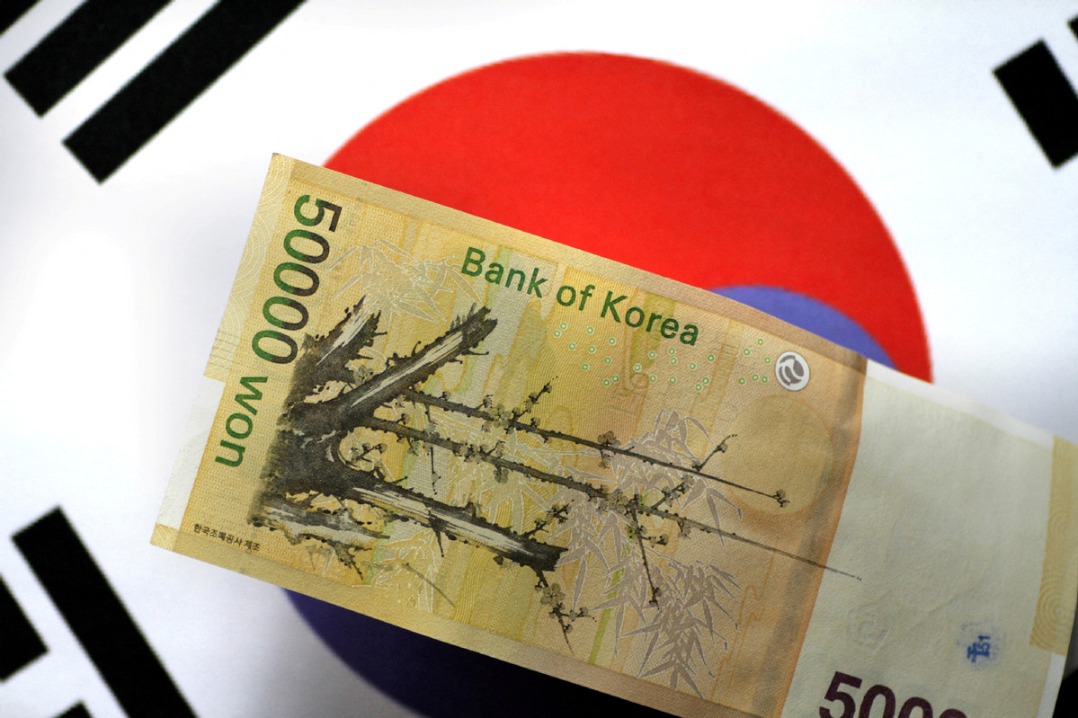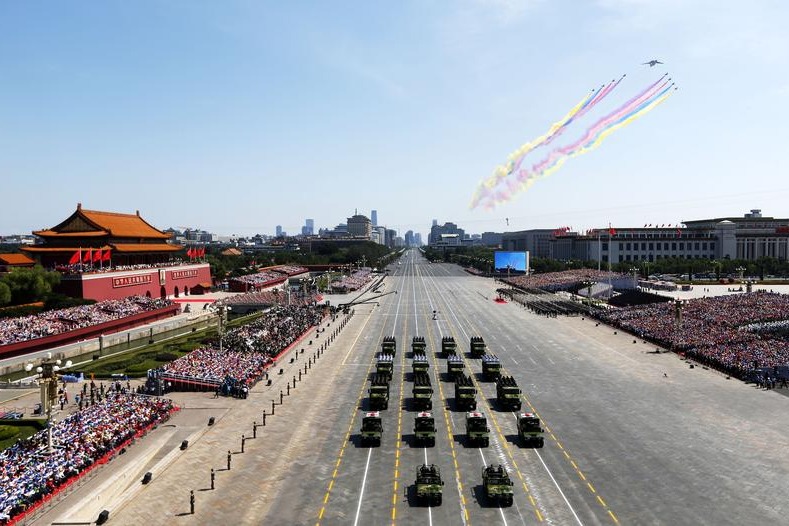Nation promoting peace amid worldwide conflicts

In a world marked by persistent conflicts, China has consistently promoted a vision of global peace rooted in diplomacy, development and multilateralism, and it has actively engaged in peacemaking, increasingly emerging as a stabilizing force in global affairs, experts said.
"China is the only major power that has been able to develop peacefully," said Ben Norton, founder and editor of Geopolitical Economy Report, an online news analysis website.
The United States has been involved in more than 250 foreign military interventions since 1991, said Norton, citing data from the US Congressional Research Service.
"In contrast, China has not fought in a war since 1979. That's extremely important and very unique," he said, adding that the path to prosperity for major European powers such as Britain and France was built on colonization and conflict.
"China on the global stage has been working with other countries in the Global South to oppose wars and to strengthen multilateral institutions that can actually ensure peace," Norton added.
When it comes to ongoing crises such as the conflicts in Ukraine and Gaza, "the US is stoking many of these conflicts," Norton said, noting the billions of dollars of weapons and military support Washington has sent to Ukraine and Israel.
In contrast, China has called for a political settlement for the Russia-Ukraine crisis through dialogue and negotiation from the very beginning. It also issued China's peace plan in 2023, and jointly issued the "six common understandings" and formed the "Friends for Peace" group on the Ukraine crisis with Brazil and other Global South nations last year.
Regarding the Gaza crisis, China released its position paper in November 2023, calling for an immediate ceasefire and an end to the fighting to ensure that the humanitarian corridors are safe and unimpeded, and to prevent the expansion of the conflict. In 2024, China brokered the signing of a unity agreement between 14 Palestinian political parties, promoting reconciliation within Palestine and creating conditions for ending the Gaza conflict.
Zheng Yu, chair of the Department of International Politics at Fudan University, emphasized that China's global security approach today is deeply rooted in its own historical experience, while offering an alternative to Western, especially US-led, security frameworks.
Zheng pointed to the Five Principles of Peaceful Coexistence, first proposed in 1954, as the bedrock of China's foreign policy: mutual respect for sovereignty, mutual nonaggression, noninterference in internal affairs, equality and mutual benefit, and peaceful coexistence.
"First articulated by Chinese leaders in 1954 and then accepted by the overwhelming majority of countries in developing state-to-state relations, the Five Principles is one of the most important contributions to world peace," Zheng said.
As China's comprehensive strength continues to rise, its peaceful path has evolved from "only focusing on managing its own affairs" to "more proactively contributing to global governance", according to Zheng, which is reflected in the three global initiatives proposed by China in recent years.
The Global Security Initiative, proposed in 2022, has expanded the Five Principles by offering a common, comprehensive and cooperative approach to achieve sustainable peace, Zheng said.
"Peace is not just the absence of war," he elaborated. "It must be supported by enduring mechanisms that promote continued cooperation and mutual trust."
According to Zheng, traditional Western security doctrines, often rooted in realism, tends to focus on maximizing national power, even at the expense of others' security — a mindset that has historically led to arms races and strategic anxiety.
By contrast, China's vision of "common security" sees the world as an interconnected whole, so "our security cannot come at the cost of others' insecurity," said Zheng, adding this cooperative mindset seeks to break the logic of zero-sum competition.
China's peace-oriented role is particularly visible in the Global South, where many countries see Beijing not only as an economic partner, but also as a counterweight to Western dominance, said Norton, who has spent many years as a journalist reporting from Latin America.
While Western media often overlooks China's peacekeeping efforts and contributions to nuclear nonproliferation and counterterrorism, Norton argued that much of the world recognizes them.
"In the West, there's a lot of misinformation and bias against China," he said. "In Latin America and Africa, China is viewed by many as a positive force for peace and stability."

































